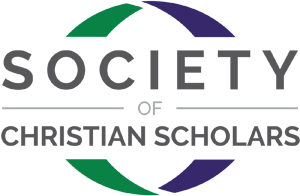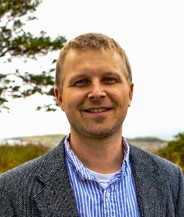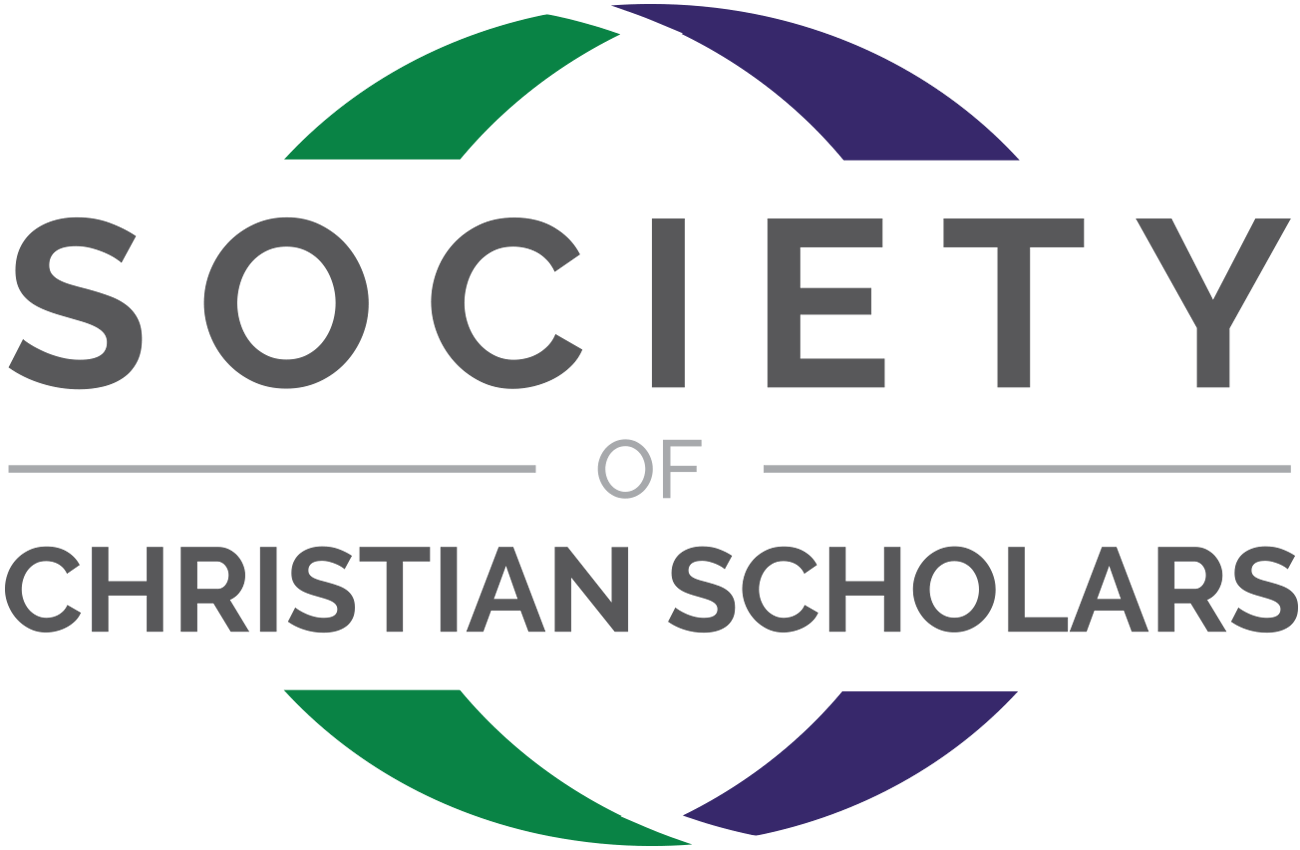Many academics in the STEM and humanities fields assert that we live in a transhumanist world where human beings can evolve beyond their physical and mental limitations by means of technology and science. These claims raise the specter of a diminished view of human beings, renewing earlier historical conversations about the relationship between technology and what it means to be human.
On Thursday, 21 December 2023 at 1400 UTC, Dr Michael Burdett, Associate Professor in the Department of Theology and Religious Studies at the University of Nottingham (UK), will address some of these concerns about what it means to be human in an age of AI. He maintains that Christian ethical responses to AI ought to take the form of two complementary approaches.
The first approach considers proximate ethical concerns related to AI. This approach most often considers more immediate personal and socio-political repercussions and the kind of impact that is occurring now or could occur in the very near future. Proximate ethics of this type includes discussion about fairness, accountability, sustainability and transparency.
The second approach concerns ultimate ethics and focuses on the longer-term impact and implications of AI. Examples of this type might include issues of uniqueness, deep societal transformation and inequality, changes to personal character, and even the role AI might play in God’s ultimate economy of creation and grace.
Dr Burdett contends that the Christian church should incorporate both approaches to AI and that when it focuses too myopically on one at the expense of the other, it diminishes the church’s witness in our technological society.
In preparation for the webinar, be sure to read his June 2023 article, ‘Proximate and Ultimate Concerns in Christian Ethical Responses to Artificial Intelligence‘, published in Studies in Christian Ethics.


